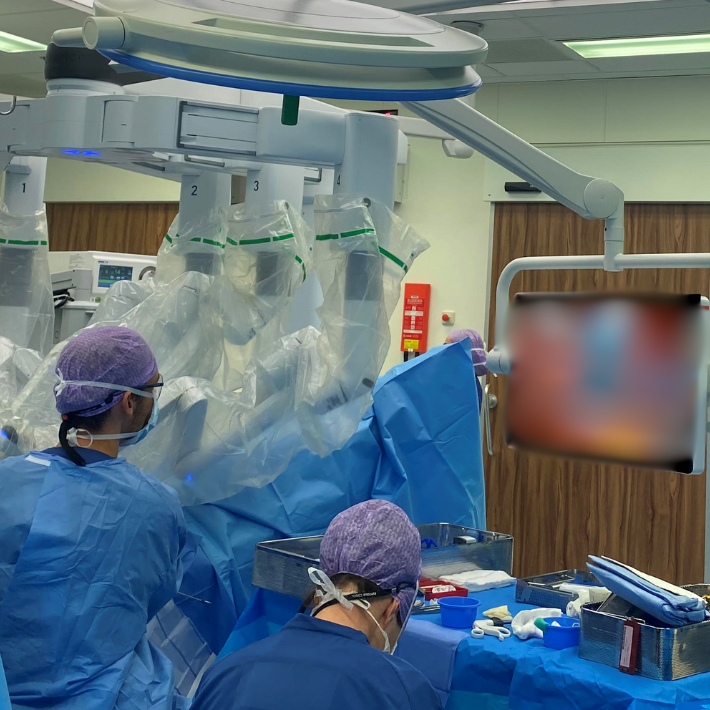Researchers develop AI model to detect hereditary cholesterol disease FH
&width=710&height=710)
The researchers will develop AI models that answer questions such as: How will the condition develop in individual patients? Who is at risk for heart attack and who is not? And why?
The models should lead to faster and more affordable diagnoses and treatments of FH, where the right intervention or service can be given at the right time, from a much earlier point in a person's life than is currently the case. The project can also help to gain new insights about elevated cholesterol in patients in general.
1 in 300 Dutch people have FH
FH (Familial Hypercholesterolemia) is one of the most common inherited metabolic diseases in the Netherlands. About 60,000 people have FH, which is roughly 1 in 300 Dutch people. Because of an abnormality in their DNA, people with FH have cholesterol levels that are up to 3 to 5 times higher than average. As a result, they have a high risk of developing cardiovascular disease.
There are effective treatments to lower that risk. The only problem is that these high-risk individuals are not always recognized in the hospital. Genetic tests confirm the condition in only about half the cases. In the other half, the cause of the excessive cholesterol in the blood remains unknown. As a result, doctors cannot treat the condition optimally.
A more explainable form of AI
LUMC and CWI are part of a partnership* between fifteen international institutions that will use each other's data to train the AI models. Alderliesten and Bosman (pictured) are involved in the project because of their joint ICAI lab, in which they are developing new, explainable AI techniques and guidelines. This principle is called Explainable AI, a form of AI where, unlike traditional AI models, it is possible to explain how a particular prediction was arrived at.
Alderliesten: “A lack of explainability hinders the wide use
of AI for medical applications. The availability of AI models that are inherently explainable can increase confidence in this form of artificial intelligence.” Bosman: “Our models have the potential to show directly what has been learned from the data. That can lead to new insights, as well as new questions. Maybe you can see from the model that you need more or different data. It's an interactive and iterative process.”
* The FH-EARLY project is coordinated by Professor Fausto Pinto, Chairman of the Cardiovascular Center at the University of Lisbon. The project, which received a €7 million Horizon grant from the European Union, will begin in January.
&width=710&height=710)
&width=710&height=710)